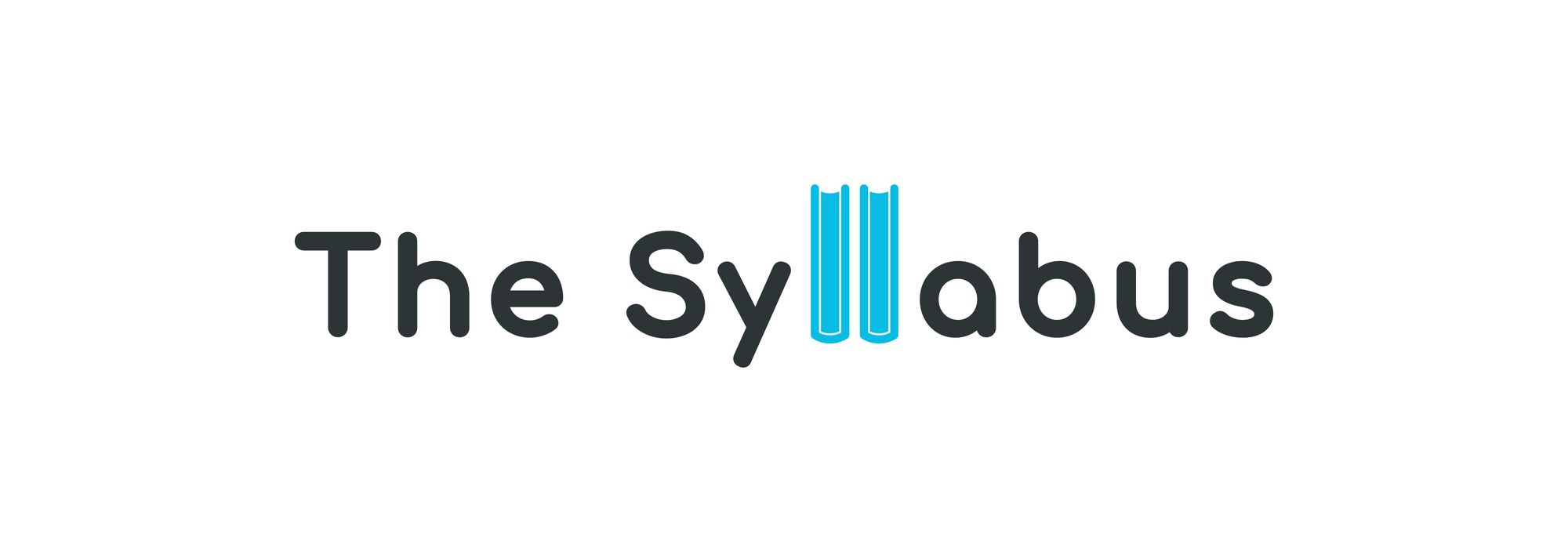Our highlights from the hundreds of excellent pieces our system uncovered during the week.
Work After QuarantineBrishen Rogers | Boston Review
"COVID-19 has exposed the fragility of our labor markets just as much as the fragility of our public health and welfare systems. As we take the economy out of its induced coma, we should ask what kinds of jobs we want and need."
The pandemic is a portal
Arundhati Roy | Financial Times
"Who can think of kissing a stranger, jumping on to a bus or sending their child to school without feeling real fear? Who can think of ordinary pleasure and not assess its risk? Who among us is not a quack epidemiologist, virologist, statistician and prophet? Which scientist or doctor is not secretly praying for a miracle? Which priest is not — secretly, at least — submitting to science?"
18 Lessons of Quarantine Urbanism
Benjamin H. Bratton | Strelka Mag
"[W]e are looking at months of extreme weirdness and grief and then things will return to a state that will feel more normal, but forever not the same normal....that is the optimistic scenario. [M]any ways of doing things, ways of thinking, ways of getting things going and offering critiques, may just not come back. Some will be missed, others not even noticed. What are the important lessons to be learned before the normality that caused mayhem returns? A second wave of the virus would be catastrophic, but so would another wave of its underlying causes."
"Beyond the Breakdown: Three Meditations on a Possible Aftermath"
Franco “Bifo” Berardi | e-flux
"At the end of the pandemic, at the end of the long period of isolation, people may simply continue sinking into the eternal nothingness of virtual connection, of distancing and techno-totalitarian integration. This is possible, even probable. But we should not be confined by the probable. We should discover the possibility hidden in the present."
Crisis & Recovery
Aaron Benanav | Phenomenal World
"Workers will therefore find themselves subject to another long period of employment and income insecurity...Many people will fall through the cracks, crushed by payments on student loans, car loans, credit cards, medical debts, and rent and mortgage arrears in the context of a weak economy. A substantial portion of the $2 trillion stimulus package consists of handouts to US corporations with little oversight, which is unlikely to drive the American economy back to health...Changing this situation would require challenging the stranglehold that private investors exert over the economy — something that politicians and their wealthy backers will continue to resist with all their might."
Judith Butler: “Debería haber otras formas de refugio que no dependan de una falsa idea del hogar” [Spanish]
Constanza Michelson | La Tercera
"La intervención de Agamben fue claramente un error. Él solo podía ver la intensificación del poder estatal y la pérdida de libertades civiles para el pueblo. Pero es necesaria una respuesta gubernamental fuerte para garantizar que los recursos médicos estén disponibles para las personas y que se distribuyan equitativamente. Entonces, para asegurar tanto la vida como la igualdad, necesitamos un poder gubernamental responsable."
Über Quarantänen, Oikonomia und das Clinamen [German]
Angela Mitropoulos | Non Copyriot
"Wenn jedes Haus zu einer Quarantänezone wird und jede epidemiologische Karte für eine korrekte Darstellung der molekularen Ausbreitung gehalten wird, ist die Konvergenz von Neoliberalismus und Faschismus um ein oikonomisches Verständnis von Gesundheit und Krankheit so gut wie vollständig."
Do keynesianismo de coronavírus à antiguerra permanente [Portuguese]
Victor Marques | Autonomia Literária
"Um vírus não é capaz de fazer uma revolução: pode até destruir um velho mundo que já vinha em desagregação, mas não construir um mundo novo – essa é uma tarefa destinada apenas à ação coletiva e consciente de massas em movimento."
Perché dopo il coronavirus avremo bisogno di un piano per l’emergenza psichiatrica [Italian]
Costanza Jesurum | The Vision
"Bisognerebbe cominciare a pensarci da subito, magari indicendo in primo luogo un concorso pubblico per psicologi e psicoterapeuti allo scopo di mettere insieme una task force che nelle diverse regioni possa poter lavorare e fare progetti sul territorio."
Qui sont les animaux? [French]
Jérôme Segal | Revue Ballast
"Qu’est ce qui est «extrémiste»? penser qu’un porc, dont les capacités cognitives sont supérieures à celle d’un chien, doit vivre l’intégralité de sa vie en enfer — séparé de sa mère à la naissance, castré à vif, les dents limées, la queue coupée, passant sa vie dans un hangar sur caillebotis en n’apercevant la lumière du jour que lorsqu’il est conduit à l’abattoir — ou penser qu’on peut très bien vivre en bonne santé, à tous les âges de la vie, avec une alimentation végétale?"
If you'd like more such high-quality materials on the COVID-19 crisis, head over here.
